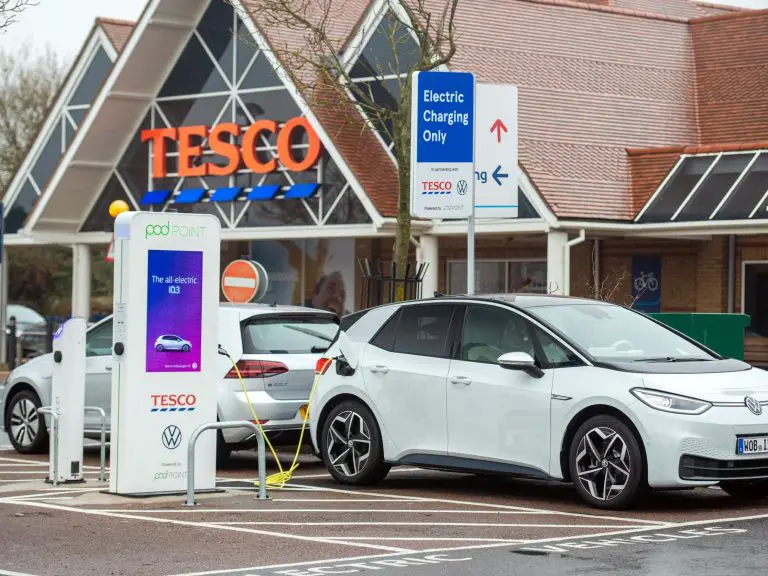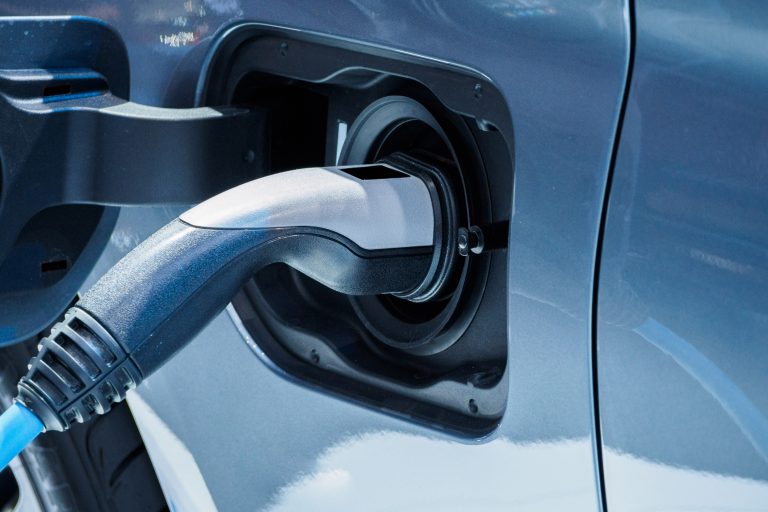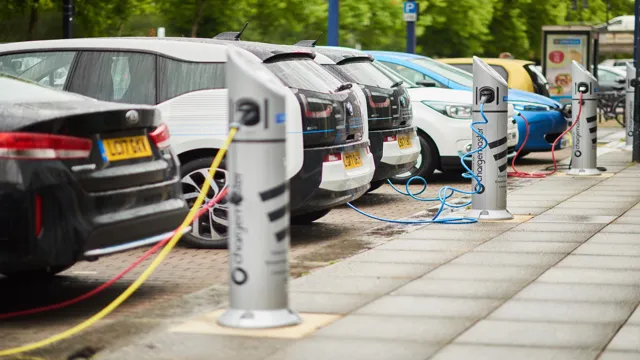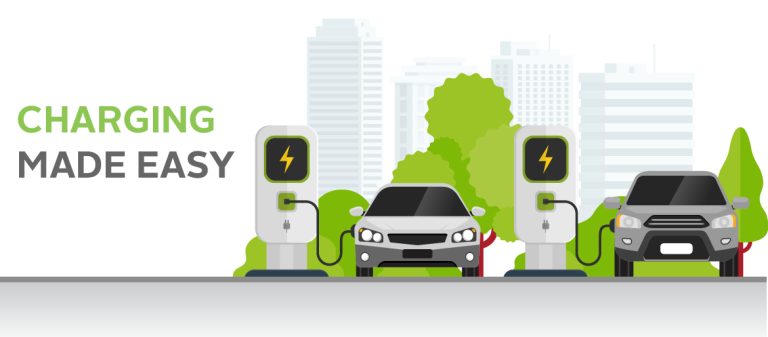Can You Use Solar Panels to Charge an Electric Car : The Future of Sustainable Driving
As the world continues to embrace renewable energy sources, the combination of solar power and electric vehicles has become a topic of great interest. Harnessing the power of the sun to charge electric cars can help reduce reliance on non-renewable energy and decrease greenhouse gas emissions. In this article, we will explore the viability of using solar panels to charge an electric car.
Understanding Solar Panels for Electric Car Charging
Solar panels, also known as photovoltaic (PV) panels, convert sunlight into electricity using semiconductor materials. When installed on rooftops or in open spaces, solar panels can generate clean and sustainable electricity. This electricity can be used to power homes, businesses, and even electric vehicles.
Charging An Electric Car With Solar Energy
Charging an electric car with solar energy involves connecting the solar panels to a charging system for the vehicle. There are two primary methods for utilizing solar power to charge an electric car:
- Direct Charging: In this method, the solar panels are directly connected to the electric vehicle’s charging system. The generated solar power is used to charge the car’s battery, eliminating the need for grid electricity entirely.
- Grid-Tied Charging: In this setup, the solar panels are connected to the electric grid. The solar power generated during the day is fed into the grid, and the vehicle is charged using grid electricity. However, the excess solar power can offset the grid electricity used for charging, effectively reducing the overall carbon footprint.
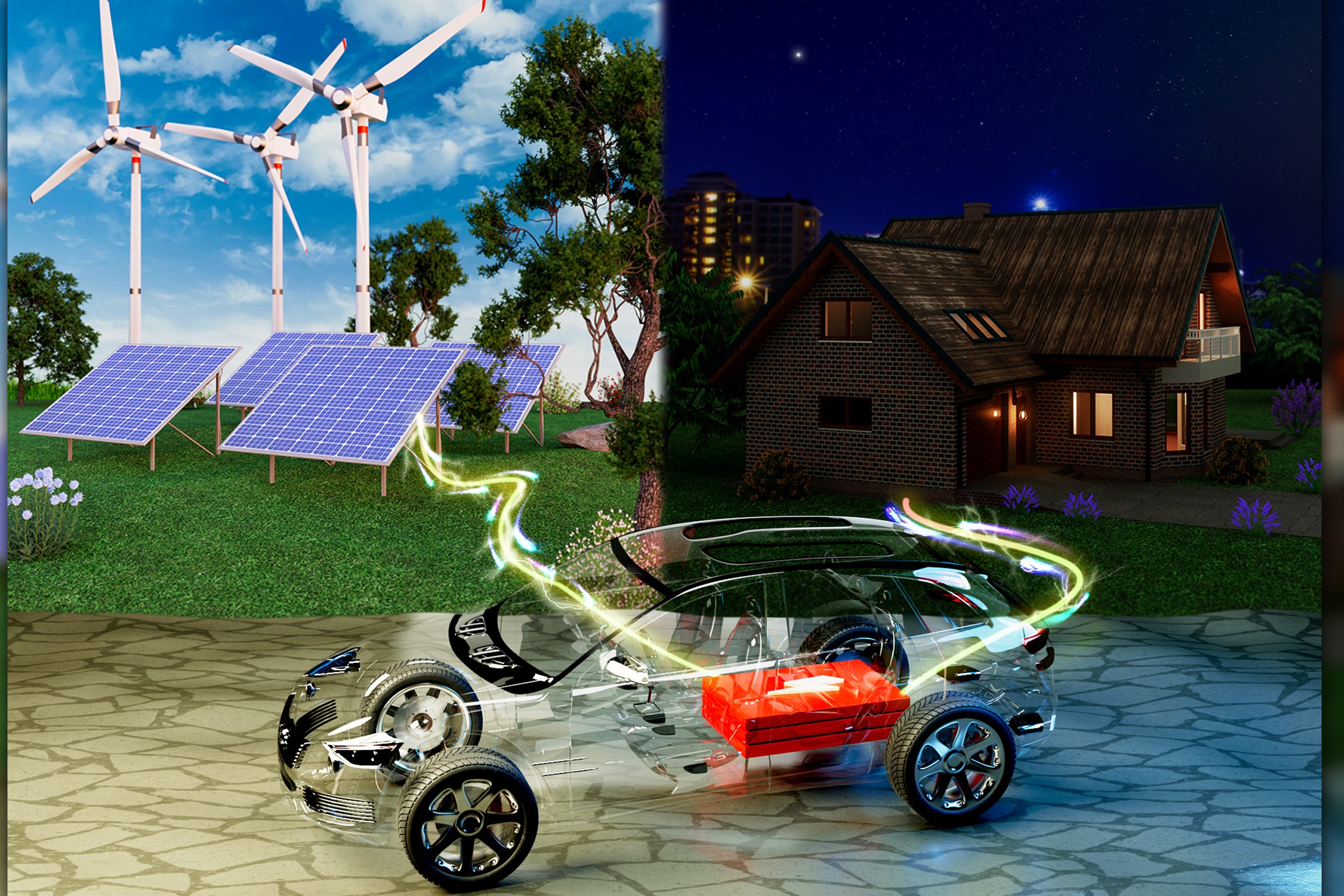
Credit: news.mit.edu
Factors to Consider
While the concept of using solar panels to charge electric cars is promising, several factors need to be considered:
1. Solar Panel Placement And Orientation
The efficiency of solar panels is influenced by their placement and orientation. To maximize energy production, the panels should ideally face south (in the northern hemisphere) and be tilted at an angle that matches the latitude of the installation location.
2. Energy Storage
Since solar power generation is dependent on sunlight, energy storage solutions such as batteries may be necessary to ensure a consistent power supply for charging electric cars, especially during periods of low sunlight.
3. Vehicle Energy Consumption
The energy requirements of an electric car vary based on its make, model, and driving habits. Understanding the energy consumption patterns of the vehicle is essential for determining the solar panel capacity needed for effective charging.
Benefits of Solar-Powered Electric Vehicle Charging
Integrating solar panels with electric vehicle charging offers several compelling benefits:
- Environmental Impact: Solar-powered charging reduces reliance on fossil fuels, leading to lower carbon emissions and environmental impact.
- Cost Savings: Over time, using solar energy to charge an electric car can result in significant cost savings compared to conventional grid electricity.
- Energy Independence: Solar panels provide the opportunity for greater energy independence, allowing car owners to generate their own clean power.
Conclusion
While the idea of using solar panels to charge electric cars is technically feasible and environmentally attractive, it requires careful planning and consideration of various factors. With advancements in solar technology and energy storage, the synergy between solar power and electric vehicles holds great promise for a sustainable and clean transportation future.

